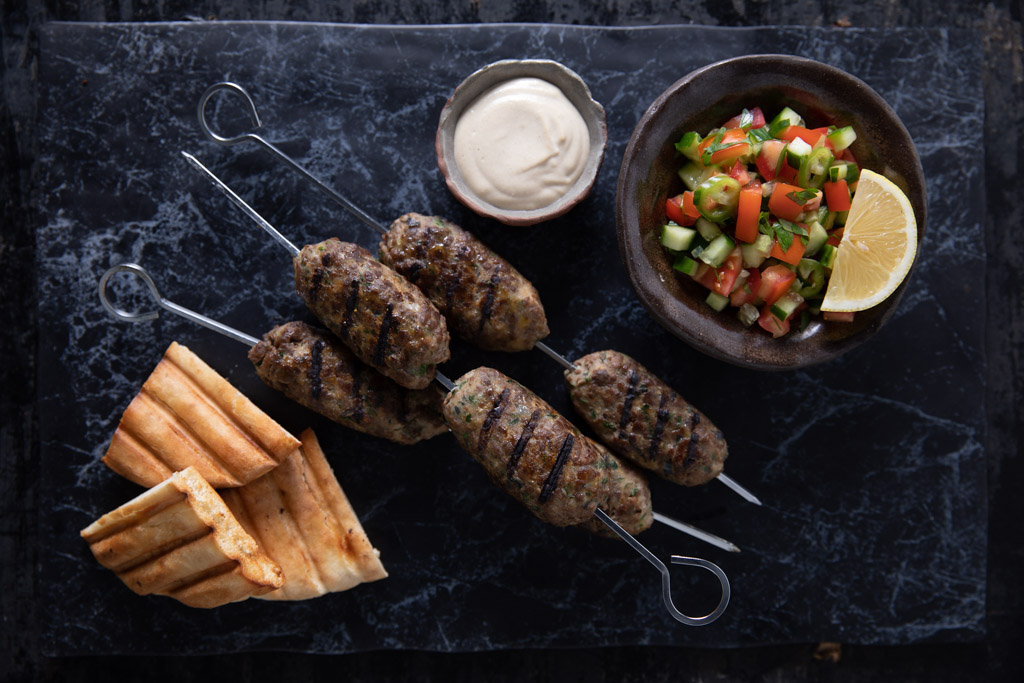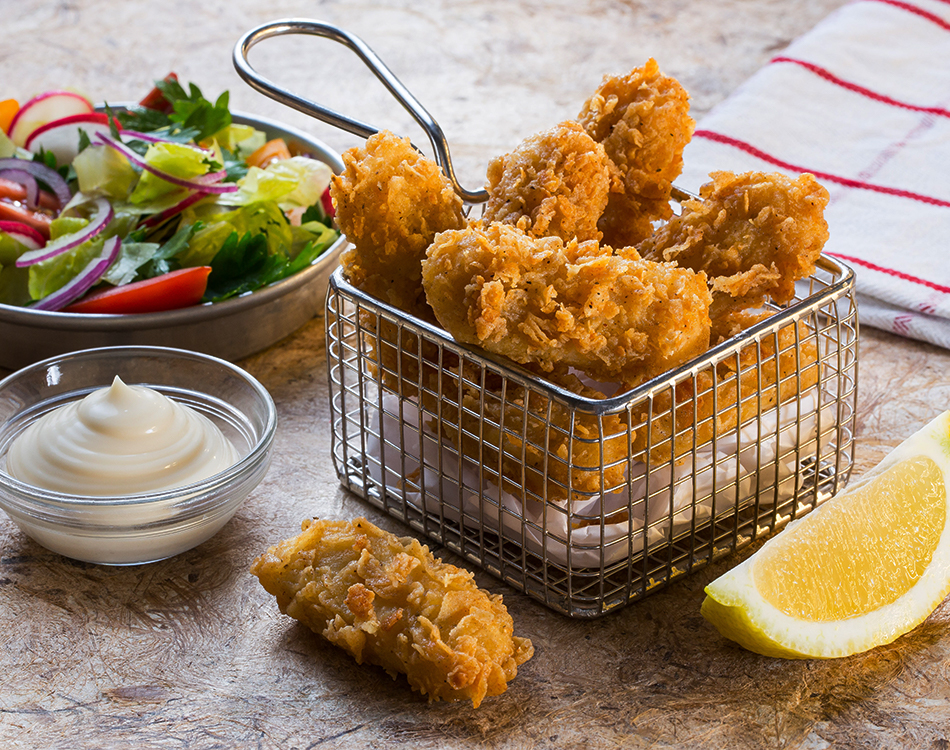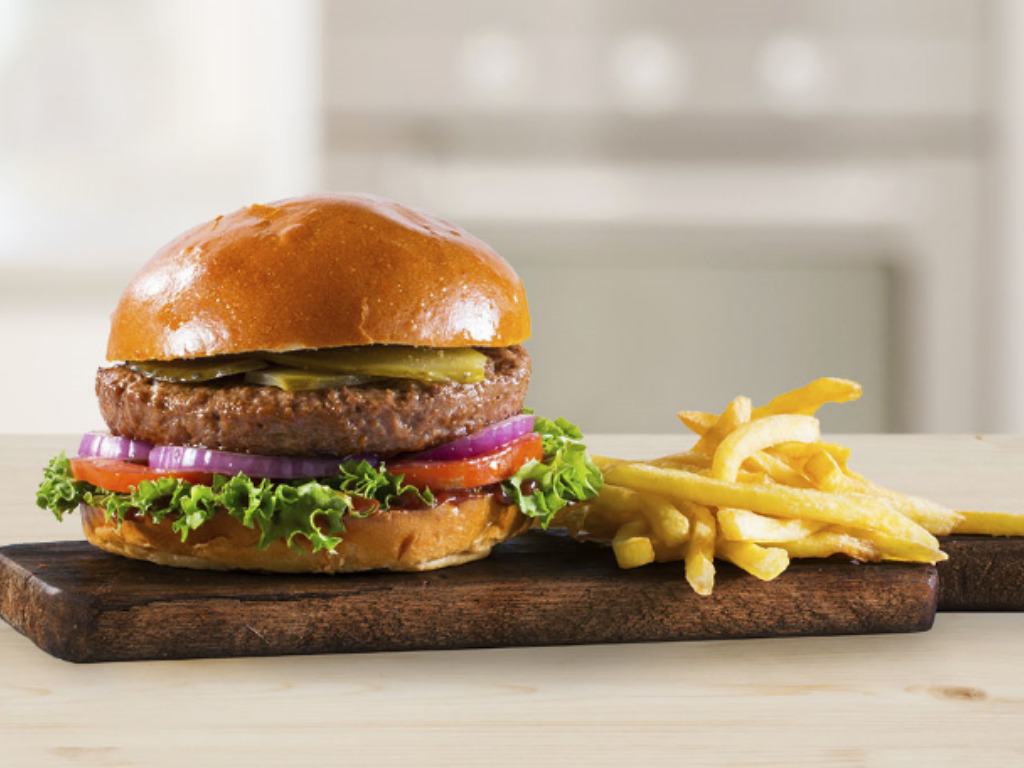Thailand’s Charoen Pokphand Foods And Israel’s Future Meat Partner To Create Cultivated Products In Asia
3 Mins Read
Bangkok’s Charoen Pokphand Foods (CPF) has announced its new partnership with Israel’s Future Meat. The partnership brings together one of the world’s largest agro-industrial food conglomerates and a leader in the cultivated meat scene. The two will co-create a line of hybrid cultivated meat aimed squarely at the Asian market.
CPF will leverage its reach into and knowledge of the sector to ensure products cater to discerning Asian consumers. Future Meat will provide manufacturing capability. The partnership comes after the Israeli company revealed its new Tel Aviv-based production line, which it says can produce up to 500kg of cultivated meat per day.

The future of meat
Israel’s alt-protein sector is heating up, with Future Meat pulling ahead thanks to its record-busting $347 million Series B round last December. At the time, it cited “massive expansion” as its underlying motivation for the fundraising effort, which is now coming to fruition. Future aims to set itself apart by creating non-GMO chicken, pork, lamb, and beef. Cells are left to grow indefinitely, thus negating the need for genetic interference. It removes the need for harvesting cells from animals as well, leading to claims of being the ultimate ethical meat. Coupled with proprietary technology, this methodology has allowed Future to drive its manufacturing costs down significantly, making it an attractive proposition for CPF.
“After the first launch of CPF’s plant-based products under the Meat Zero brand last year, we have received exceptional recognition from the market both in Thailand and the Asian market. This year we will be rolling out to other parts of the world, including USA and the European markets,” Prasit Boondoungprasert, CEO at CPF said in a statement.
“Cultured meat is another exciting technology, having the same sustainability and animal welfare proposition as plant-based meat. It can also offer new properties to satisfy future consumer needs and will be a key part of our ambition to be one of the leading alternative protein companies. Future Meat is one of the technology leaders in this field, and we are excited to be working with them to combine our expertise and deliver exceptional products for the Asian markets.”

Israel and Asia together
Connections between Asia and Israel are already in motion, outside of the CPF and Future partnership. A new APAC cultivated meat coalition includes a number of Israeli companies, with the aim to empower cross-pollination and knowledge sharing. Cultivated startups see strong potential in the Asian market, due to the increasing levels of animal meat consumption across the region, particularly in China.
“We are incredibly excited about the opportunity to expand our activity and to work in Asia,” Prof. Yaakov Nahmias, Future Meat’s president and founder, said in a statement. “Our technology is uniquely suited to meet the rising demands for quality protein in Asia at a time of dwindling environmental resources. It is time to meet this challenge head-on to secure a future for all coming generations.”
Asia warming up to cultivated meats
Alluded to in China’s five-year agricultural plan, under the banners of ‘novel foods’ and ‘future foods’, cultivated meats look to be gaining acceptance outside of Israel and the U.S. Singapore has embraced the development, approving the only two cultivated products for sale anywhere in the world to date. It was recently revealed that Singaporeans are more open to development than U.S. consumers. Now, other APAC countries are looking to technology as a potential source of food security.
Thai Union announced in February that it is moving into vegan seafood, with a view to exploring cultivated developments as well. The seafood giant has already partnered with BlueNalu, to help expedite the route to the commercial sale of cultivated seafood products.
All phots by Future Meat.




